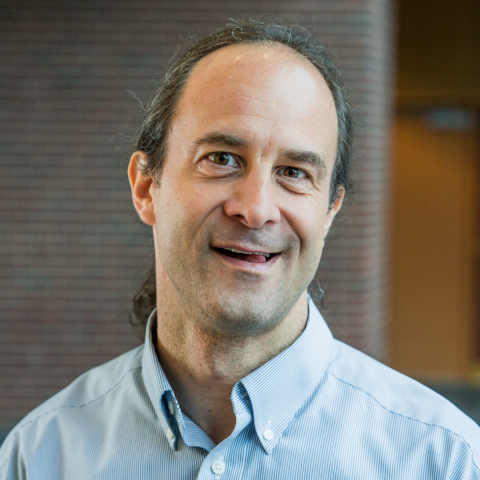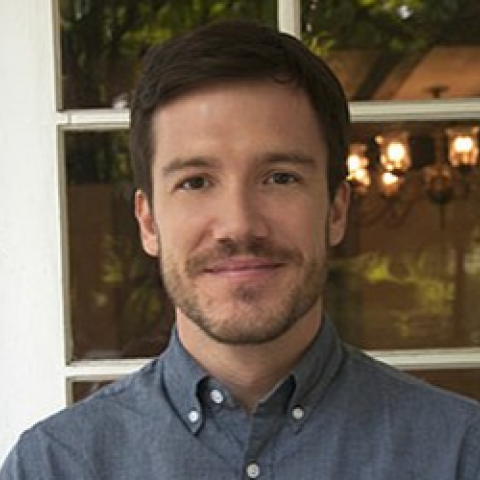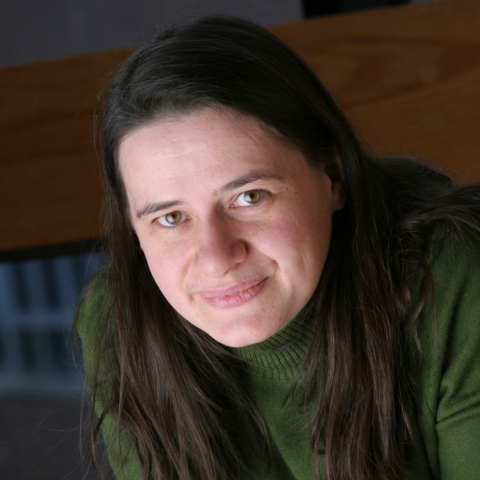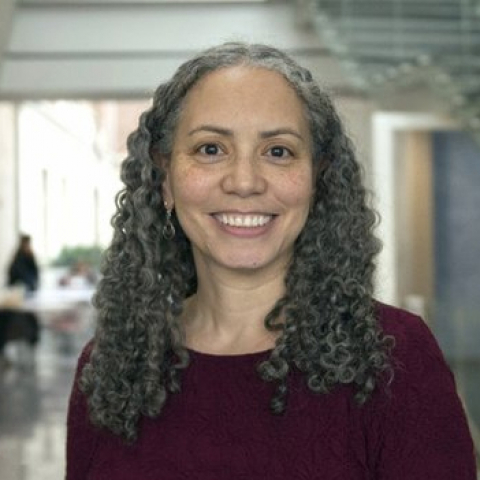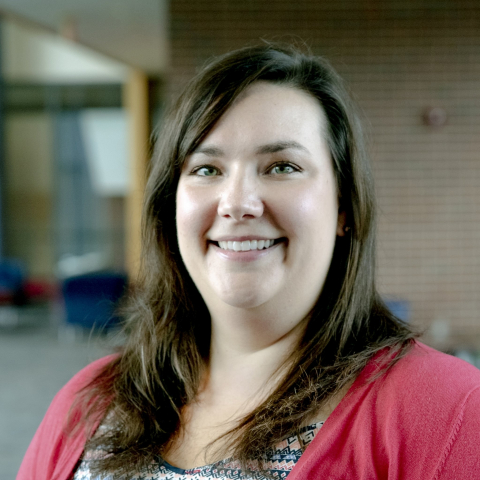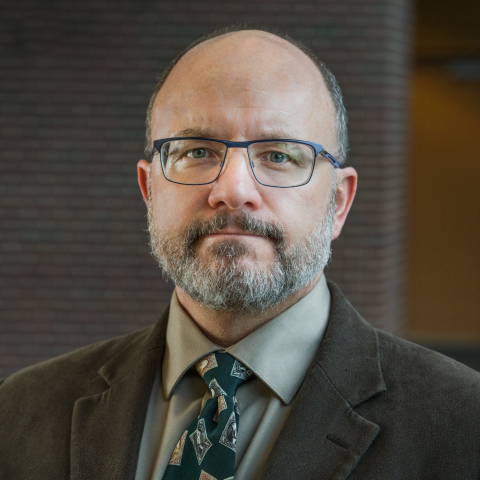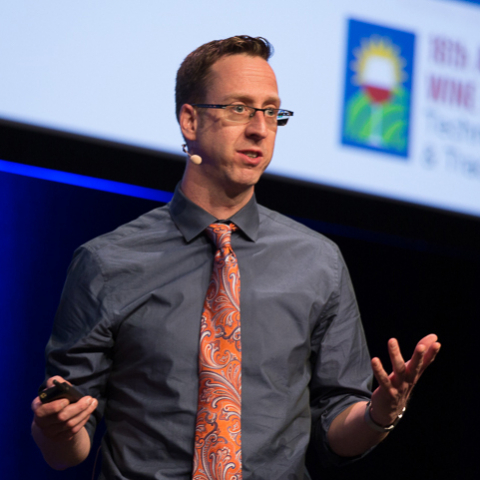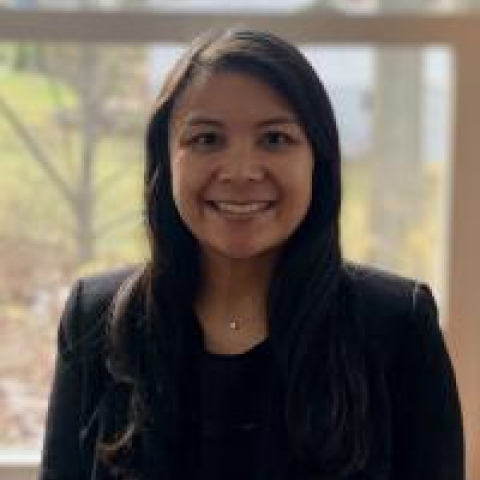People: Cognitive Neuroscience And Behavioral Neurobiology
Emily Ansell
Associate Professor of Biobehavioral Health
Advancing research surrounding stress and addiction.
Paul Bartell
Associate Professor of Avian Biology
The regulation of biological clocks in birds at the systems level.
Roger Beaty
Associate Professor of Psychology
The cognitive neuroscience of creative thinking and problem solving.
Orfeu Buxton
Elizabeth Fenton Susman Professor of Biobehavioral Health
The causes of chronic sleep deficiency in the workplace, home, and society; the health consequences of chronic sleep deficiency, especially cardiometabolic outcomes, and the physiologic and social mechanisms by which these outcomes arise. Successful aging is a central focus of this work. Ongoing interdisciplinary human studies involve sleep loss, aging, and insomnia, as well as health disparities.
Sonia Cavigelli
Chair, Intercollege Graduate Degree Program in Neuroscience; Associate Professor of Biobehavioral Health
Development of temperament/personality; relationship of temperament and social status to stress and health; individual differences in stress and health in the natural environment.
Anne-Marie Chang
Assistant Professor in Biobehavioral Health
Genetic analysis of sleep and circadian rhythms, cardio-metabolic function in humans; effects of light on sleep, circadian physiology, and neurobehavioral performance.
Eric Claus
Associate Professor of Biobehavioral Health
Identifying neural and cognitive mechanisms that support behavior change in substance use disorders.
Nancy Dennis
Professor of Psychology
The cognitive and neural mechanisms that support learning and memory in young and older adults.
Chris Engeland
Professor of Biobehavioral Health and Nursing
How stress, age, gender, and hormones affect inflammation / health. Biomarker feasibility for predicting health outcomes.
Nicole Etter
Assistant Professor of Health and Human Development
The relationship between tactile sensation and skilled oral behaviors (e.g. speech and swallowing) in healthy young, aging, and clinical populations.
Lisa Gatzke-Kopp
Professor of Human Development and Family Studies
Developmental neuroscience of psychopathology with a focus on aggression, hyperactivity, and substance abuse; relationship between experience, environment, and neurobiological dysfunction.
Thomas Gould
Jean Phillips Shibley Professor and Department Head of Biobehavioral Health
Using genetic, pharmacological, behavioral, and molecular biological techniques to study the neurobiology of learning and memory and the effects of addiction on it.
Joshua Gross
Assistant Professor of Nutrition and Biobehavioral Health
Cellular- and transgenic mouse model-based approaches to investigate the molecular mechanisms of G protein-coupled receptor (GPCR) signaling and trafficking in the pathophysiological contexts of obesity, eating disorders, and metabolic disease.
John Hayes
Professor of Food Science; Director, Sensory Evaluation Center
Perception of taste, smell and chemesthesis; eating behavior; individual differences in sensation and food preferences; COVID related anosmia
Frank Hillary
Associate Professor of Psychology, Psychiatry and Neurology
Effects of brain injury and disease on functional brain organization; EEG and MRI-based examination of neuroplasticity in healthy and disrupted neural systems, including traumatic brain injury and multiple sclerosis.
Helen Kamens
Assistant Professor of Biobehavioral Health
Identification of genetic mechanisms that contribute to complex behaviors with a special emphasis on alcohol and tobacco use.
Janine Kwapis
Director of the Center for Molecular Investigation of Neurological Disorders; Assistant Professor of Biology
Molecular and epigenetic mechanisms underlying learning and memory and age-related memory impairments.
Nina Lauharatanahirun
Assistant Professor of Biobehavioral Health and Biomedical Engineering
Using computational modeling, behavioral economic paradigms, and functional neuroimaging (fMRI/EEG) to understand the neural and behavioral mechanisms underlying health risk behaviors across the life.
Elizabeth Losin
Associate Professor of Biobehavioral Health; Bennett Pierce Associate Professor of Caring and Compassion in Adulthood
Bidirectional relationship between culture and the brain; for example, how cultural experiences (e.g., discrimination) and social situations (e.g., the doctor-patient relationship) influence pain perception, pain treatment, and associated brain mechanisms
Yingwei Mao
Professor of Biology
Regulation of neurogenesis using cellular and mouse models; analysis of abnormal neural progenitor cell (NPC) proliferation and its relationship to mental illnesses; identification of drugs that can reverse mouse models of psychiatric disorders.
Frank Ritter
Professor of Information Sciences and Technology, Psychology, Cognitive Science
Modeling effects of stress and behavior moderators on cognition within cognitive architectures.
Robert Sainburg
Director of the Center for Movement Science and Technology; Huck Distinguished Chair in Kinesiology and Neurology; Professor of Kinesiology and of Neurology
The neural mechanisms that underlie control, coordination, and learning of voluntary movements in humans. Functional neuroanatomy of lateralized processes of motor control. Neurorehabilitation and Functional Recovery in stroke patients.
Chaleece Sandberg
Assistant Professor of Communication Sciences & Disorders
Exploring cortical reorganization related to successful therapy for acquired language disorders, and how to enhance therapy outcomes.
Kathryn Suzanne Scherf
Associate Professor of Psychology
Development of face and object representation in typically developing children and children with developmental disorders.

